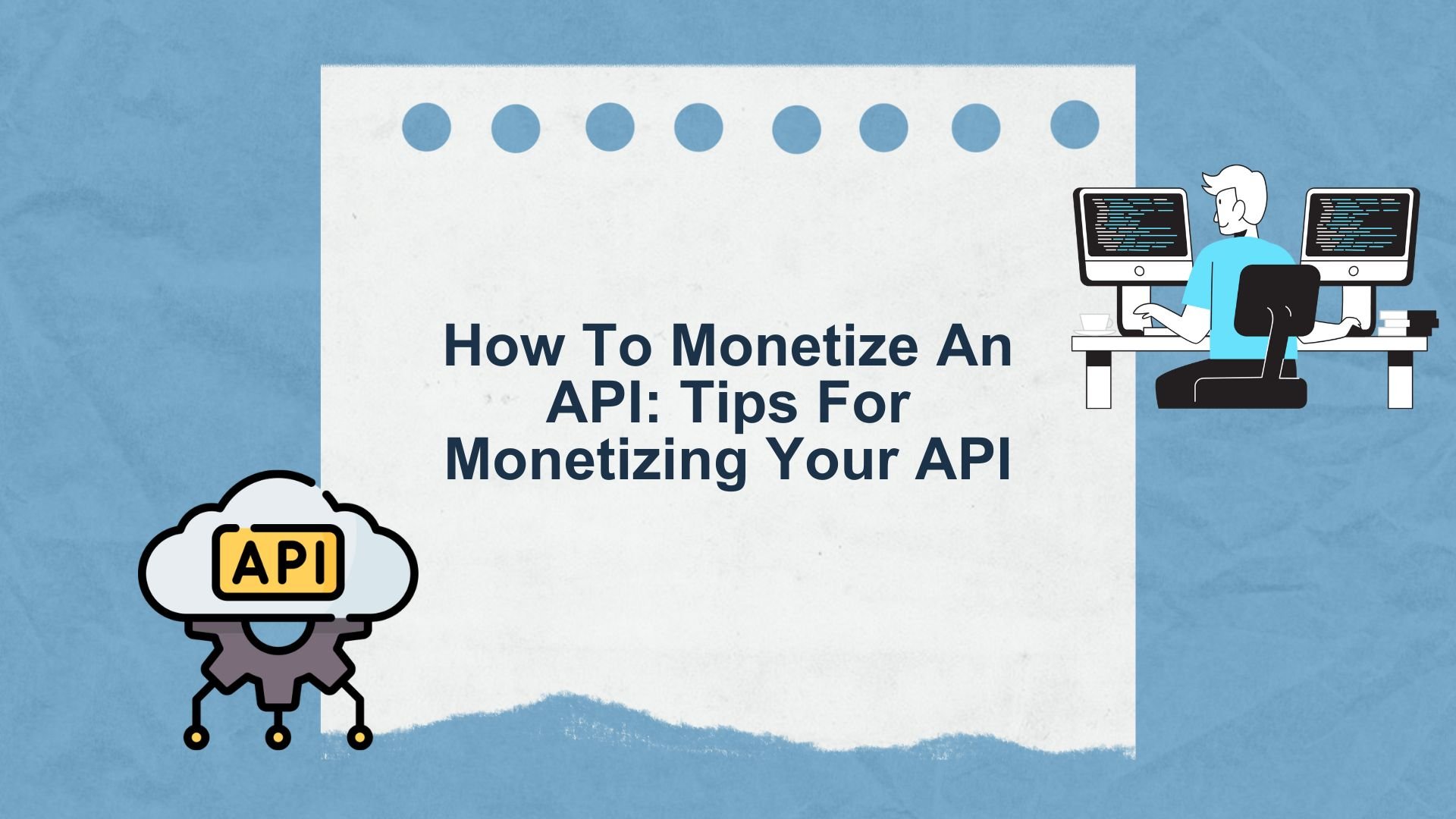How To Monetize An API: Tips For Monetizing Your API

In the realm of digital innovation, API Monetization stands as a beacon of opportunity for businesses seeking to unlock the full potential of their digital assets. But what exactly is an API? At its core, an API, or Application Programming Interface, serves as a bridge between different software applications, allowing them to communicate and share data seamlessly. So, if you are trying to learn How To Monetize An API, stay here!
Understanding How To Monetize An API
API Monetization encompasses the process of leveraging APIs to generate revenue and drive business growth. It's not merely about developing and deploying APIs; rather, it involves strategically packaging and offering them as valuable API as a Service to external developers, partners, and customers. At the heart of API Monetization lies the dual promise of Revenue Generation and Business Expansion Opportunities. By effectively monetizing APIs, organizations can tap into new revenue streams while simultaneously extending their reach and influence within their respective markets.
Many successful API monetization efforts revolve around the creation of a Developer Marketplace, where third-party developers may discover, access, and integrate APIs into their own apps. Organizations can use revenue sharing and commission schemes to entice developers to contribute to the ecosystem while also earning money.
Zyla API Hub
It was built after understanding that developers face similar issues when integrating many APIs into their projects. They propose addressing these concerns by developing an API hub that includes a single account, API key, and SDK. Its goal is to give developers with tools that simplify their work, allowing them to concentrate on what they do best: creating.
Here's How to Begin Using It:
To sign up, visit https://zylalabs.com/register. Fill out the registration form with all essential information. You will receive a verification email at the address you supplied; simply click on the link to activate your account.
Selecting "Register with Google" will expedite the sign-up procedure. Simply follow the instructions below to connect your Google account to the Zyla API Hub. If you want to utilize your current GitHub credentials, simply click "Register with GitHub" to merge your accounts. Visit https://zylalabs.com/api-marketplace/top-search/Short%20URLs%20API to find the Short URLs APIs that fit your requirements.
Testing an API is essential for guaranteeing its proper integration into your projects. This guide will accompany you during the exam, ensuring a smooth and informative encounter. After subscribing, sign in to your platform account.
Test Endpoint Button
1) Locate the API you wish to test on your dashboard. Simply click on the API name to see its own page. This page contains detailed API information, including endpoints, documentation, and usage instructions.
2) Before you begin testing, ensure that you have subscribed to the API of your choosing. Take advantage of any seven-day free trial that is available. Please keep in mind that the free trial only offers one API from the hub. Each API in the hub includes a test function. Once on the API page, there is a section for testing. Here, you can enter parameters (if necessary) and click the "Test Endpoint" button.
3) After testing, visit the website to get the results. You'll learn more about the API response, allowing you to determine its functionality and applicability for your project. Remember that each API request made while testing is subtracted from your subscription plan. Keep informed by examining your usage data on the dashboard.
Explore a diverse set of APIs that provide real-time flight status, tracking information, airports, schedules, timetables, IATA codes, and more. A simple user interface makes it easy to select the optimal API for your needs. A single account, API key, and SDK can simplify your API interactions. No more managing several credentials or dealing with complicated setups. It improves the procedure's efficiency and user friendliness.





